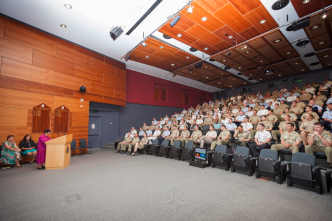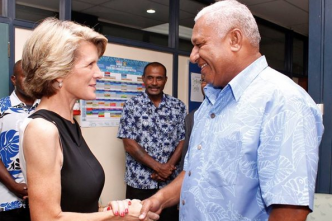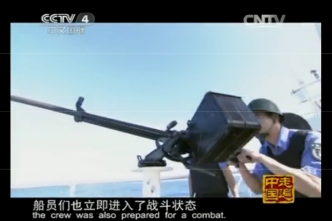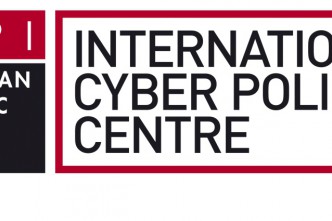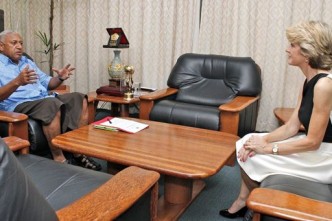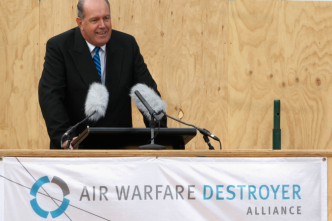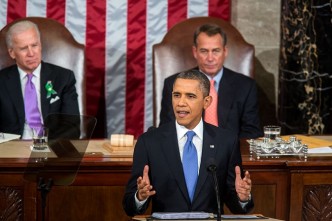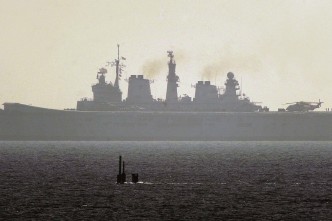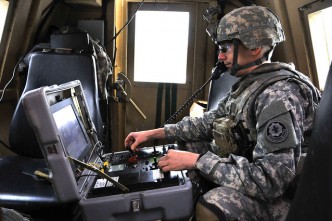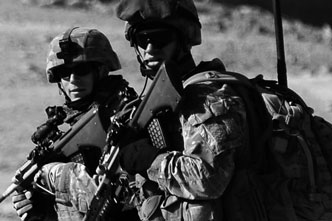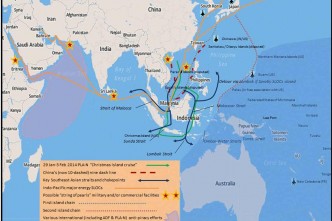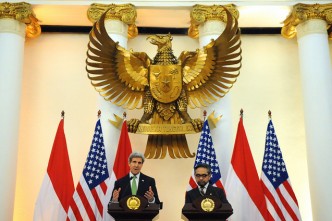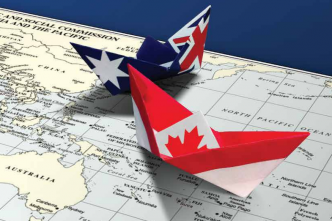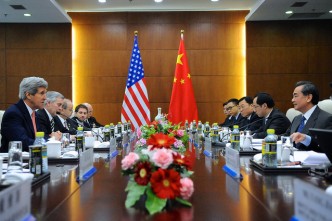In a new book (and recent excerpt), James Brown argues that the Australian defence organisation is fearful of what today’s ANZACs might say if they were allowed to. This means that ‘one of the ADF’s …
Australia is setting out an array of goodies as it seeks to restore relations with Fiji, in anticipation of better days to follow September’s election. Canberra wants to achieve a diplomatic ceasefire, and to shift …
Several months ago I wrote on The Strategist about a March 2013 incident between Indonesian and Chinese maritime law enforcement vessels in the South China Sea. Local Indonesian news sources confirmed the incident but Indonesian …
Let’s kick things off at the RSA Conference in San Francisco, which brings together information security professionals and business leaders to discuss emerging cybersecurity trends. This year’s conference has drawn criticism from leading security experts …
It’s becoming something of an annual tradition that I get asked along to the Australian Defence Magazine (ADM) conference and get to be the token economic rationalist on Day 2. At an industry-focused conference, that’s …
In what was described as a ‘fairly major breakdown’ in border security, a convicted terrorist named Khaled Sharrouf recently left Australia without authorities noticing. He’s suspected to be in Syria, where several Australians have joined …
David Hale’s ‘China’s new dream‘ offers a tremendously rich picture of China’s economic and financial situation at home and globally. It’s probably the fullest, most up-to-date account available on the ‘re-rise of China’, which affects …
In light of the execution of North Korea’s second most powerful man and Kim Jong-un’s step-uncle, descriptions of North Korea as ‘irrational’ have resurfaced. While ‘irrationality’ is an easy label for a situation not completely …
Australia likes the existing South Pacific system, while Fiji wants to change it. Even if Fiji returns to democracy, the prospect is for continuing competition between Suva and Canberra over competing visions of the regional …
It’s Australia’s biggest current defence project and a multi-billion dollar headache for Defence Minister David Johnston. The Abbott Government is expected to commission soon a broad scale external review of the $8 billion air warfare …
Today ASPI has released a Strategic Insight on President Obama’s cybersecurity executive order. The report breaks down the challenges, criticisms, and successes of the effort to date, before offering clear lessons from the US experience that can …
Registration opens today (here) for ASPI’s 8-10 April 2014 international conference ‘The Submarine Choice.’ The conference will bring together senior political decision-makers, military officials, industry representatives and leading academics from Australia and overseas to discuss …
We’re kicking off today’s round-up with an interesting article on the complex relationship between military robots and their soldiers. Here’s an excerpt: From holding elaborate funerals for robots, complete with 21-gun salutes, valor medals, and memorial markers, …
Richard Herr was right to say that there was ‘no massacre of hopes’ in Foreign Minister Julie Bishop’s visit to Suva to meet with Fiji’s Prime Minister, Commodore Voreqe Bainimarama. As Richard noted, it proved …
There’s growing concern amongst analysts, and government officials alike that North Korea has begun to rapidly accelerate its development of advanced offensive cyber capabilities. I explored this in a recent journal article, which drew together …
As commentators continue to assess the significance of the Chinese Navy’s recent ‘Christmas Island cruise’, a sub-strand of anxiety focuses on Beijing’s growing influence in the South Pacific. The NZ Herald, for example, worries that …
The United States has thus far avoided getting publicly involved in the Indonesia–Australia spying row; however, it can’t afford to do so any longer. Australia has demonstrated a naiveté in thinking that public diplomacy rows …
Today ASPI and the Centre for International Governance Innovation released a special report, Facing West, Facing North: Canada and Australia in East Asia. The report offers a road map for future security and defence cooperation …
Justice Michael Kirby has a long ‘to do’ list for Kim Jong-un. The Commission of Inquiry on Human Rights in North Korea, chaired by retired Australian judge Michael Kirby, released its report on Monday. It …
Mid-way through a powerfully-written post, Elbridge Colby lays down the following challenge for critics like Jake Douglas: do we ‘think China’s behaviour in not dangerous or even troubling’? My answer is that it’s indeed troubling …


